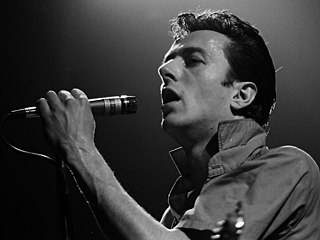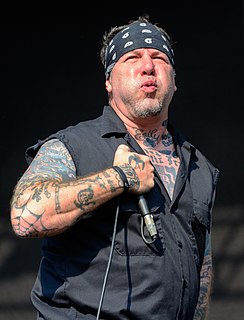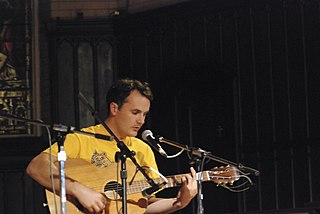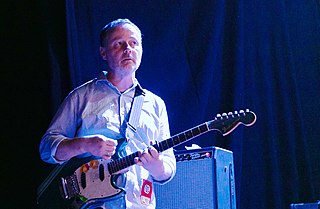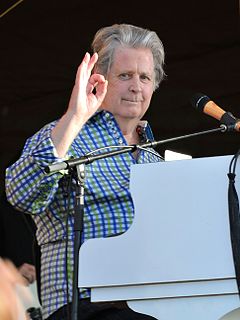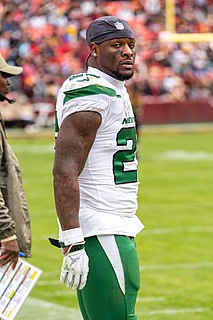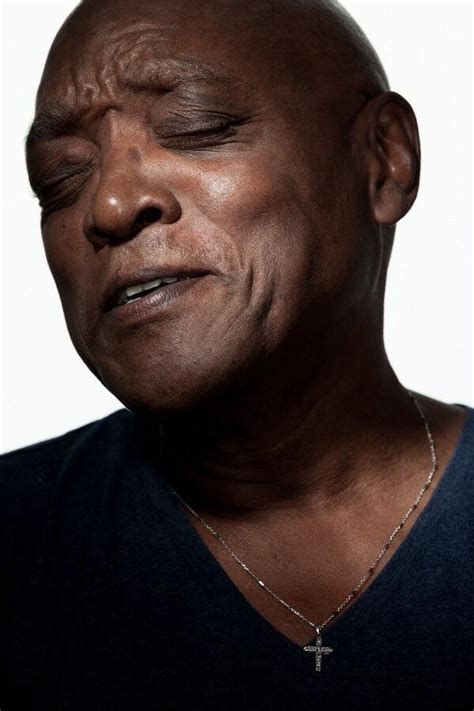A Quote by Robyn
Everyone's talking about how no one is buying records any more, but to me it's quite logical. In the 1990s, music was so hardcore-marketed to a certain group of people that I think a lot of kids felt taken advantage of.
Related Quotes
What's holding me up is I'm confused about the nature of the music. Because the modern music doesn't reach me. I mean to say the sound of the modern electric production. A lot of sequencers... synths. That's what people are buying. Because that doesn't reach me, it throws me back to like 1948, but I don't want to be there. Back there, I'm talking about blues records... The roots of rock'n'roll is rhythm and blues and that's like really where I'm at, where I was always at.
I think 'Shade Room,' it's a different me. You know, I think it's more on the lyrical side, talking about my life and how I really feel. You know, all these things outside of football. And people really get to look at how I feel about things or how I look at certain things. It's not just a song, more so me just telling people how I feel.
The music business has changed so much. Collaborations are all over the Internet. The young people are keeping the old school alive. A lot of them run out of ideas so they grab these songs that we've had out for 50 years and bringing them back and making people rich again. That's a nice thing. A lot of artists don't have incomes after a certain time in their life because nobody's is buying the songs. This revival of their music has taken a lot of writers out of the poor house.
I like as much time as I can get and I'll do whatever I think is helpful to prepare for a role. Sometimes it's practical research, meaning if I had to write shorthand, I'd learn how to write shorthand. Or if I have to know how to dance a certain way, I would learn that. And then there's just research of talking to people similar to the characters I'm playing. And there's stuff that I just feel is inspiring, whether it be music or a painting or a photograph. I've used a lot of Nan Goldin's photos in the past to inspire me. I use certain paintings and pieces of music.
I like a lot of hardcore, but it's just a genre about which I don't have much to say. It's kind of a thing where, unless you're active in the hardcore community, what could you have to say of value about it? It resists criticism because it's not just a style but an entrance into several different worlds of ideas- political, philosophical, societal. The music is really only part of the whole scene. In that sense, the music doesn't change much because it shouldn't: It needs to be there as a signal that you're entering into a certain discursive mode, maybe.

